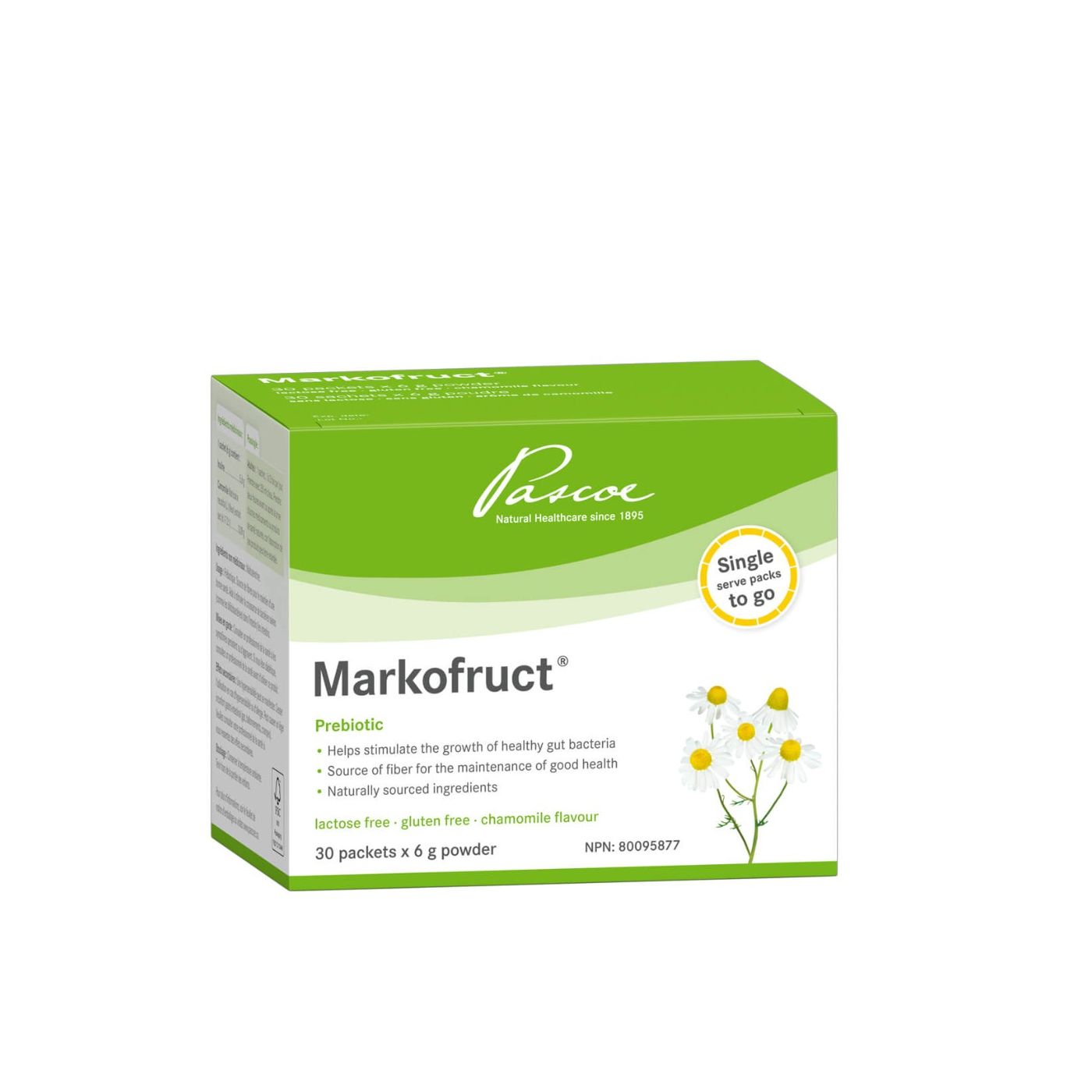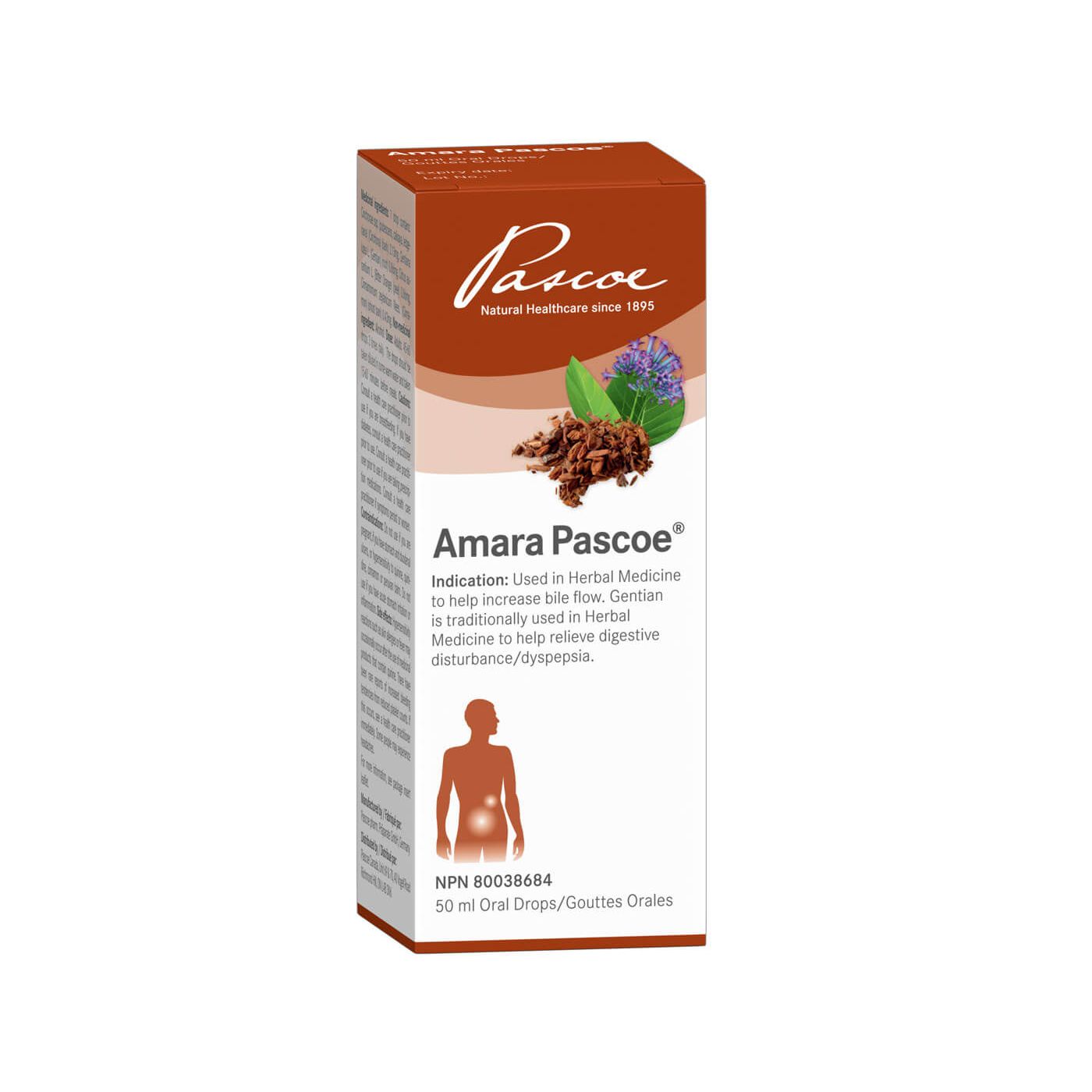Leaky Gut Diet 101: Clean Healthy Eating
The term “leaky gut” has gained a lot of attraction over the years. Mostly in a more informative way in order to help individuals understand the outcome happening within their body.
Due to the foods containing preservatives and all else we consume or are affected by on a daily basis, it has affected many people's ability to eat/drink anything they would like. Leaving the gut in a motion of sensitivity that could create discomfort for one.
Leaky Gut (intestinal permeability), takes place when the tight junctions of the intestinal wall becomes so enlarged that undigested food particles, toxins and pathogens (that are supposed to be locked inside the intestine) “leak” through and proceed directly into the bloodstream, causing an inflammatory response in the body.
These travelling toxins are a major trigger for things like allergies, skin issues and joint pain. Arthritic pain is a major symptom of a Leaky Gut, as the toxins can actually travel through the bloodstream and get lodged in our joints, leading to inflammation and pain.
Some experts believe that the gut microbiome can significantly influence an individual's overall well-being by modulating metabolism, immune function, and mental health. These gut microbes influence energy metabolism by regulating glucose metabolism, appetite, and fat storage.


Symptoms of a leaky gut:
- Chronic diarrhea, constipation, or bloating
- Food sensitivity
- Fatigue
- Headaches
- Confusion
- Difficulty concentrating
- Skin problems, such as acne, rashes, or eczema
- Aches and Joint pain
- Inflammation
Our liver, kidneys and gastrointestinal tract work hard to detoxify our bodies every day. However, these vital organs start to break down over time from the food we eat, the water we drink, and the air we breathe. They can be affected by extreme diet and exercise as well as the products we use on ourselves and in our homes. Toxins are everywhere.
There are no quick fixes. There is no magic pill. If you want to cleanse your body then stop giving it the chemicals and toxins that are hurting it and start giving it the healthy foods it needs to thrive. Drink less soda, more water. Eat less packaged foods and more home cooked healthy meals. And, be patient. Your detoxifying organs didn't break down overnight. Give your body the time it needs to repair & heal.
Take probiotics and prebiotics
Probiotics are quite common these days but many are not aware of the foods rich in dietary fibre that is known as prebiotics. These foods along with probiotic-rich foods have a long list of benefits for our overall health. Prebiotics are typically lacking in the majority of our diets and this can cause digestive issues, inflammation suppressed immune system and even weight gain.
Are prebiotics better than probiotics? The truth is, we need both! Probiotics play a vast role in gut health as they add live bacteria to the gut. Probiotics have a wide domain of health benefits and are expanding in popularity thanks to fermented foods like yogurt, pickles, sauerkraut, kombucha, and kimchi.
Think of probiotics as little seedlings that need fertilizer to grow. They require fertilization just as the trillions of beneficial bacteria that live inside of our gut! Fertilizer for the good gut bacteria would be the prebiotics!
Prebiotics are non-digestible fibre compounds that are degraded by the gut microbiota. They are essentially the food for the beneficial bacteria. They allow the probiotics (live bacteria) to do their job properly such as:
- Supporting our immune system
- Supporting a healthy digestive system
- Managing blood sugar and regulating appetite
It is now well established that a healthy gut flora is largely responsible for overall health of the host.
How to increase metabolism
There are many ways shtta we can increase the function of our metabolism if we need extra support.
- Eat plenty of protein
- Drink plenty of water
- Stay active
- Herbal teas
- Get a good night's rest
- Antioxidants (antioxidants healthy bacteria)
It’s normal that at times our digestive tract may get backed up depending. This could be caused by the amounts of added sugar into our diet, and whether we are eating enough lean protein ( healthy fats). A big distraction that can be affecting our overall digestive tract could be the amount of added sugar in our diet.
Once and a while it may be good to do a detox diet to help us remove toxins from our body, essentially giving us that reset button option. Doing a detox can help filter our lymphatic system, liver and kidneys. Of course, a clean eating ( meal plan) can be great to help us control what we're consuming rather than indulging in foods that don’t benefit our gut flora.
Below will list some food categories that can be extremely beneficial to implement in your daily diet. These items will help support your digestive system and keep it on track.
High-fiber foods
High-fiber foods such as legumes, beans, peas, oats, bananas, berries,
asparagus, and leeks have shown a positive impact on gut health.
Garlic and onion
Garlic and onion may have some anti-cancer and immune system-enhancing
properties based on various studies, which are closely tied to some of the primary functions of the gut.
Fermented foods
Fermented foods such as kimchi, sauerkraut, yogurt, tempeh, miso, and kefir are
great dietary sources of probiotics.
Collagen-boosting foods
Collagen-rich foods such as bone
broth and salmon may be beneficial to overall health and gut health specifically. Many of these benefits are
anecdotal conclusions and further research could be done. You could also try to boost your body’s own collagen
production through foods. Try adding a variety of foods, like mushrooms, good dairy, or certain meats.
The benefits of Chamomile
Chamomile is one of the most widely used herbs. Its most common dosage form is a hot water infusion, known as tea. For tea, the flowers are harvested as they open and then dried.
The dried chamomile flowers can be infused into hot water to make chamomile tea. The yellow flowerheads can also be used in many other forms such as herbal extracts, oils, tinctures, and creams.
Sleep problems can occur when we have too much on the mind, or even when our digestive system is outta balanced. Diet and nutrition can influence our quality of sleep.
A cup of chamomile tea can help manage stress as it helps the body calm down and have quality sleep at night. Believe it or not but a good way to boost your metabolism is to ensure we are resting our metabolism!
Disclaimer
Pascoe Canada does not offer health or medical advice as we are not a healthcare practitioner. Please speak with your healthcare practitioner before beginning any program related to nutrition, diet, exercise, fitness, medical, and/or wellness. All content published by Pascoe Canada is developed through collaborating with licensed medical professionals and contributors. This includes text, graphics, images, and other material on the website, newsletter, and products (“Content”). This content is for informational purposes only and does not constitute medical advice. The content does not substitute professional medical advice, diagnosis, or treatment. Please always do your own research on whether this is for you along with your healthcare practitioner advice. Always consult your healthcare practitioner prior to using specific herbs because you might have underlying conditions that need professional care. The content is general in nature and is subject to change. It is not intended to cover all possible uses, directions, precautions, warnings, drug interactions, allergic reactions, or adverse effects.




